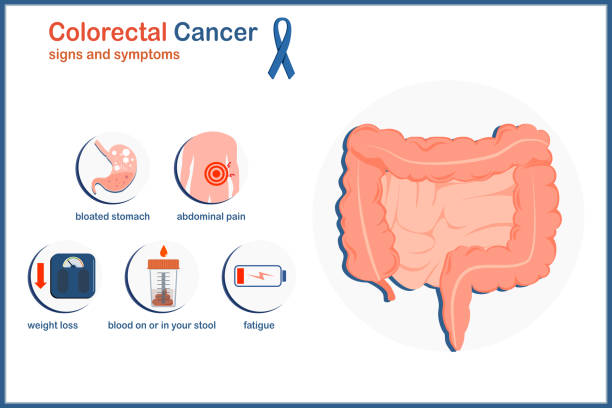The people who develop precancerous colon polyps have significant differences in the type and variety of bacteria found in the digestive microbiome when compared to healthy people in the new study that was presented during UEG Week 2023, which is the annual meeting of the United European Gastroenterology.
These changes can be spotted before the polyps turn cancerous. the the lead researcher, Ranko Gacesa, PhD research scientist and professor at the University Medical Center in Groningen, Netherlands. “If these findings are confirmed, this means that looking at the gut microbiota could improve on current noninvasive fecal tests used to detect and prevent colorectal polyps and cancer,” he adds.
How Does This Study Build on Earlier Research?
Previous research has revealed that certain strains of bacteria and the compounds they create in the gut can be linked to increased or decreased risk of colorectal cancers, According to the American Institute for Cancer Research. However, which is more important -whether microbiome modifications alter the course of cancer or whether the cancer causes changes in the microbiome isn’t fully understood.
Lower Gut Diversity Linked With Precancerous Polyps
To study the relationship between various bacteria in the colon and colon polyps that are precancerous, Researchers linked information from over 8,000 people of the Dutch Microbiome Project with the Dutch national pathology database to determine all instances of colon biopsies over the past 50 years.
Researchers examined the microbiomes in the gut of those who had precancerous colorectal cancer prior to fecal sample collection between 2000 and 2015 (214 individuals) in addition to those who developed lesions after the fecal sample between the years 2015-2022 (305 persons). They then compared their gut microbiome outcomes with the microbiomes of individuals who had normal colonoscopy results (202 individuals) as well as the general population.
Researchers discovered that those who had precancerous lesions showed a decrease in the diversity of gut bacteria compared to healthy people.
It’s Still Unclear Why Certain People Have ‘Bad’ Microbes in the Gut
The findings are logical considering that, in general, a more diverse microbiome is generally believed to be a sign that you are in “good” gut health, and smaller diversity can be regarded as less desirable, claims Gacesca. Gacesca. “This is based on studies which identified that patients with certain diseases such as inflammatory bowel disease [IBD] have reduced microbiome diversity in the gut,” he explains.
Colorectal Polyps Typically Take 5 to 10 Years to Develop
The sheer number of participants involved in the study, as well as the extended follow-up period that allowed researchers to monitor participants for years, are the major benefits of this study, claims Suneel Kamath MD, who is a medical oncologist and hematologist as well as an associate professor of medicine at Cleveland Clinic in Ohio, who was not part of the study.
Does the Autoimmune Protocol Diet Help Rheumatoid Arthritis?
“Following participants for a relatively long period is especially important with colorectal cancer studies because it’s often a 5- to 10-year process to go from a normal colon to a polyp forming, and then forming cancer, and so you really need a pretty substantial period of follow up,” Dr. Xie states.
Bacterial Species Associated With Potential Risk of Colorectal Cancer
“It is known from previous studies that some of the species we identified are linked to the development of colorectal lesions that are potentially genotoxic,” Gacesca says. Gacesca that they can cause changes in cells that could cause cancer. “For example, Bacteroides fragilis is known to produce toxin which can contribute to chronic low-grade inflammation, and chronic gut inflammation is likely to be genotoxic/carcinogenic,” he adds.
“Another example is Akkermensiaspecies which can degrade gut mucus and thus reduce the capability of the organism to defend against pathogens, again leading to chronic inflammation and potentially cancer,” the doctor states.
The study also revealed it was evident that species of bacterium of the family Lachnospiracea and the genera Roseburia and Eubacterium were associated with the upcoming development of lesions.
However, researchers aren’t sure what causes certain people to have the “bad” microbes in their digestive tracts, says Gacesca. “And there is no clear consensus on the effectiveness of microbiome-altering therapies,” Gacesca says.

